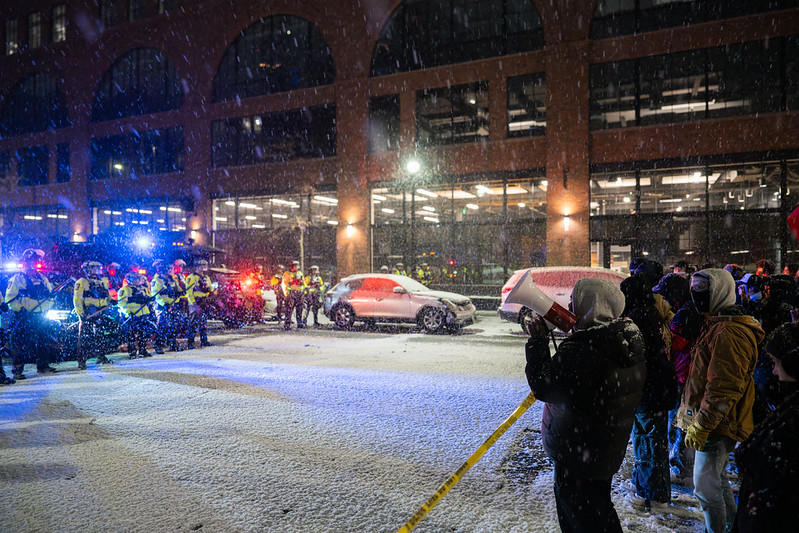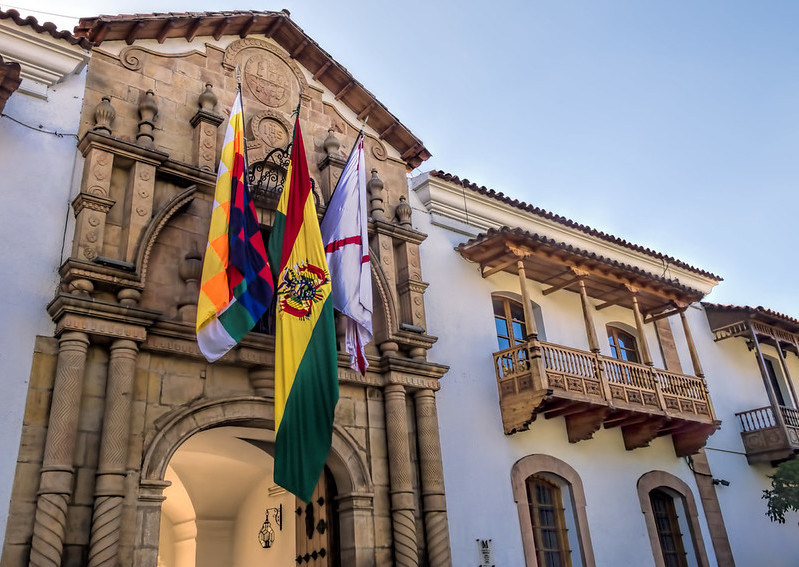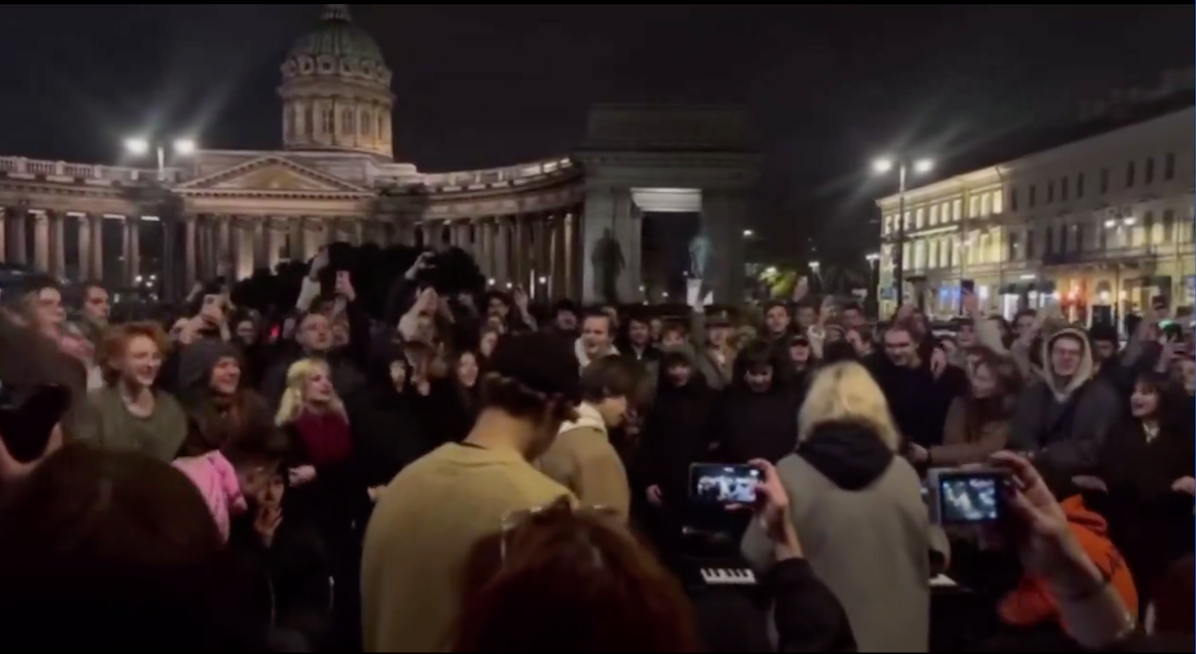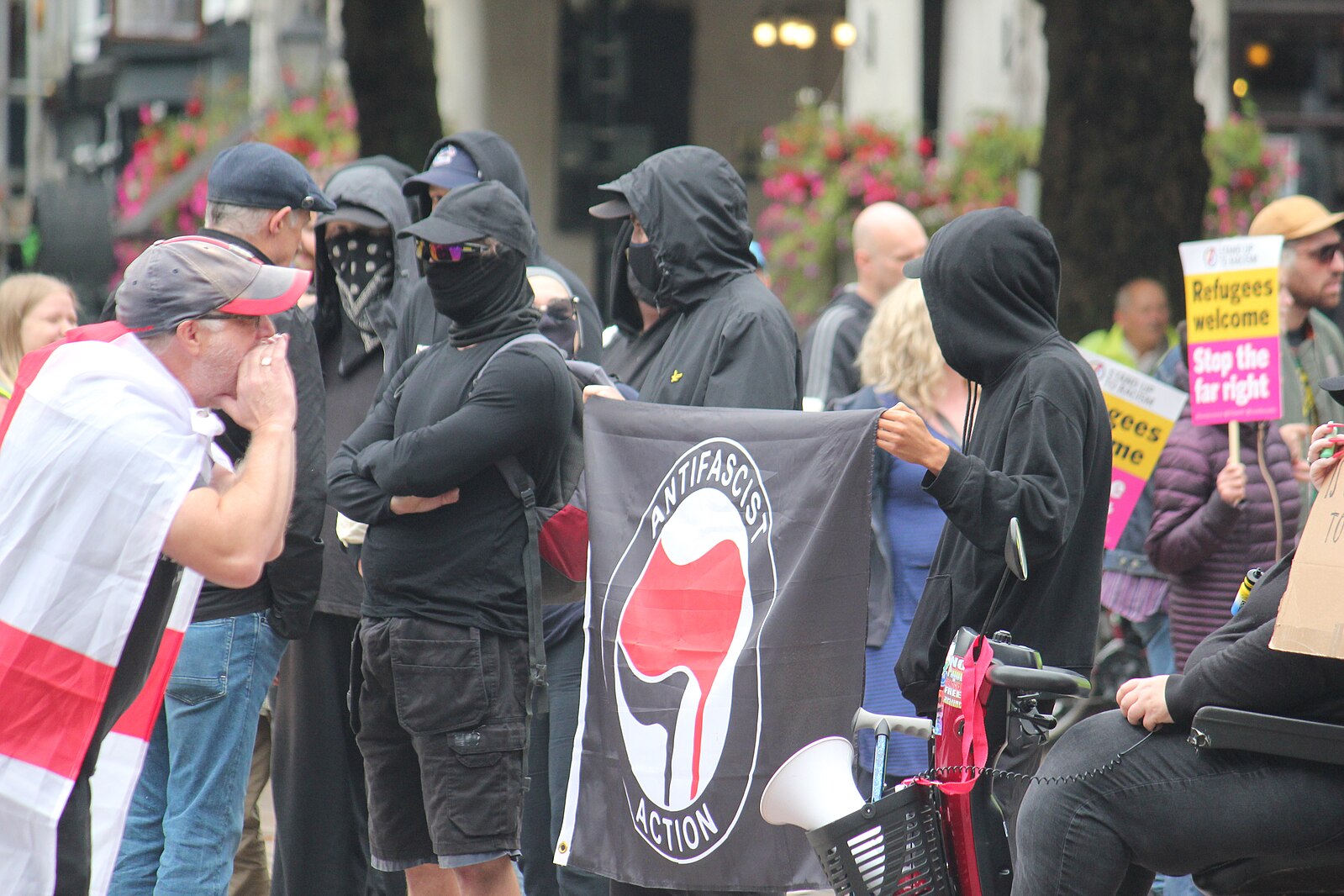
Podcast: resist cellular hegemony!
As the architecture of total surveillance falls inexorably into place, cellular technology comes to colonize more and more of daily human existence. Accepted in the banal interest of “convenience,” this trajectory ultimately ends in not only the extinction of human freedom, but the abolition of humanity itself—an idea openly embraced by the fascist tech bros as “transhumanism,” and warned of by CS Lewis in his eerily prescient 1943 work The Abolition of Man. In Episode 317 of the CounterVortex podcast, Bill Weinberg urges a revolution of everyday life, in which we start saying no to the relentless encroachment of cellular and digital technology. (Image: Wikipedia, modified by CounterVortex)











